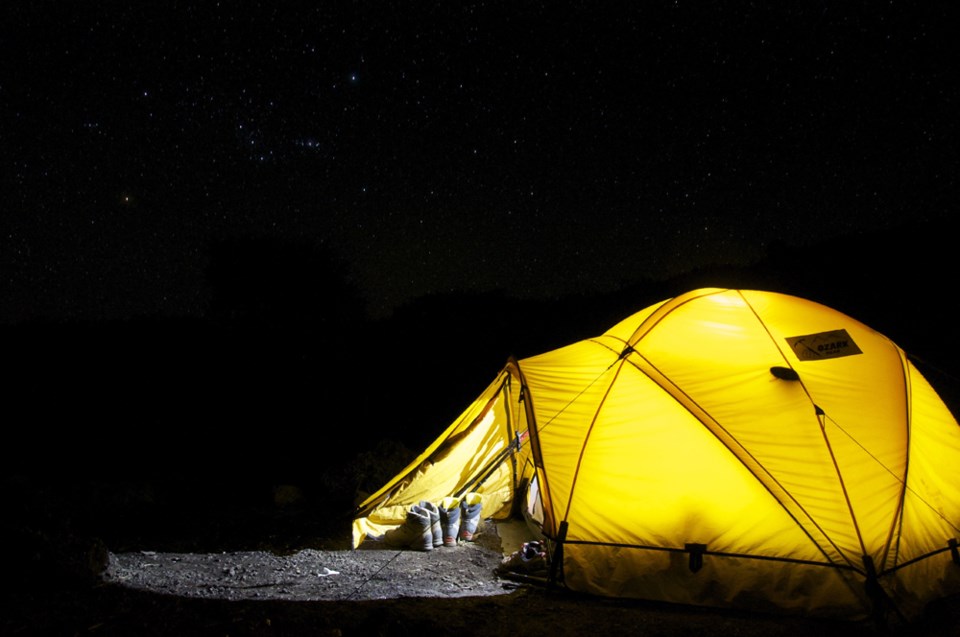There’s been a bit of research suggesting that minorities and immigrants — i.e. non-white folks — don't like to participate in outdoorsy activities.
Reports by CBC, the National Post, The New York Times, among others, seems to indicate that people of colour aren’t interested in camping, hiking, climbing, kayaking, etc. the same way our European-Canadian counterparts are.
In my experience, I think this is slowly changing — I see people from East Asian backgrounds on the trails or the crag semi-regularly. But, generally speaking, outdoor activities are quite white.
There are a number of theories — which could fill volumes — but here are a couple of my observations from my Filipino community and others.
One — they simply can’t afford to. Immigrants who work two jobs to feed their families seldom have money left over for even the basic things to enter an activity like climbing, where entry-level shoes alone will cost about $100. That’s before you account for a harness, a belay device and carabiners, let alone a $200 rope. Then throw in a car with a tank full of gas.
Two — why would they willingly put themselves in situations filled with struggle and danger? If you come from a country that is impoverished and dangerous, chances are you’ve already experienced more challenge and danger than you’d want. So why would you feel the need to seek more of those things? It’s usually people who live in sheltered environments who feel the need to expose themselves to danger that doesn’t have a tangible gain.
It seems crazy to people when you explain it this way, but here in the West, this type of danger is often rebranded as ‘adventure.’
In the same breath, it’s usually people from stable middle-class or higher households who are willing to go live outside with little or no amenities and call that a vacation. This can also sound crazy to people from different backgrounds, but here, we call this type of poverty simulation ‘camping.’
And for those that do have the means to camp, the description of the activity can sound suspiciously like voluntary homelessness.
Think about it. Things like camping and extreme sports have a big upfront cost, which many people can’t afford. Add in the fact that the benefits from these activities are usually intangible, and it becomes a harder sell to a lot of people who didn’t necessarily grow up doing these things.
It takes a certain amount of privilege to willingly expose yourself to meaningless danger or to enlist yourself in a poverty simulation.




